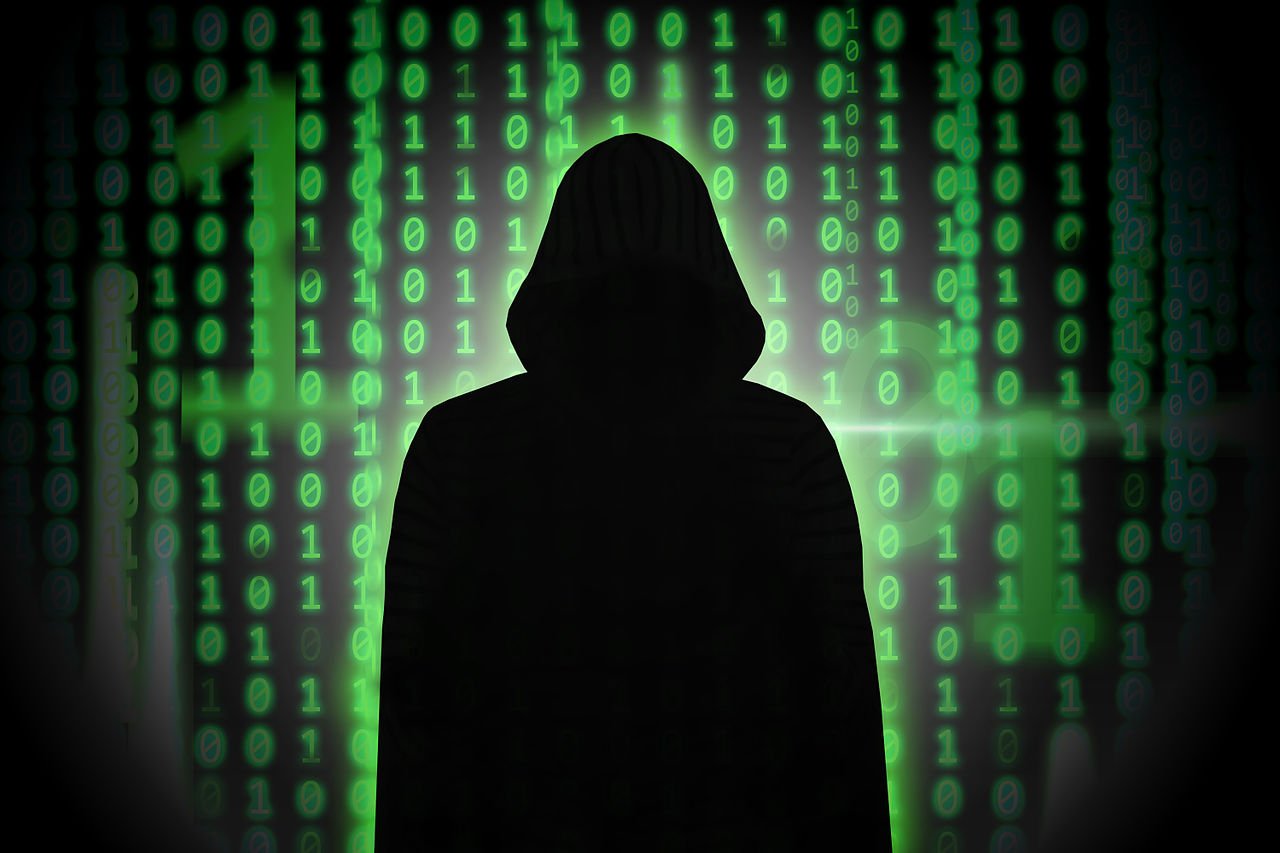The Singaporean and Malaysian Governments have been accused of using spyware to analyse the digital footprint of its citizens.
Authorities are alleged to have used spyware to copy data stored on hard disk and record Skype calls, e-mails and instant messages, while passwords can even remotely turn the webcam on.
Singaporeans who object to the revelation appear to have limited legal recourse as the Singapore Constitution does not guarantee privacy as a right. The Criminal Procedure Code and the Computer Misuse and Cybersecurity Act also gives the government there a free hand to undertake surveillance without obtaining prior judicial authorisation.
The Executive branch has a major say in the regulatory body overseeing citizens’ surveillance, according to Eugene Tan, assistant professor with the School of Law at the Singapore Management University (SMU).
“I would say that we are in a state of affairs in which very little is known about what the Government conducts surveillance on, how it does it, and the regulatory controls in place,” he told Digital News Asia (DNA). “The courts have placed a lot of premium on the Executive’s assessment of what national security requires.”
The debate on state-sponsored surveillance has been reopened after a controversial Italian spyware provider, Hacking Team, was itself hacked, with about 300GB of data released into the public domain via the internet.
A list of Hacking Team’s existing customers include mostly military, police and governments from across the world and the company generates about €40 million in annual revenue.
The Malaysia AntiCorruption Commission, the Prime Minister’s Office and an unknown entity under Malaysia Intelligence has also been mentioned in the hacked records. The Infocomm Development Authority of Singapore (IDA) has also been exposed as a Hacking Team customer.
Syahredzan Johan, a civil liberties lawyer in Malaysia, told DNA that if the claim about Malaysian Government spying on its people is found to have any merit, “then major violations of our fundamental liberties would have taken place.
“Article 5 of the Federal Constitution provides that all persons have the right to life and personal liberty. Personal liberty here includes the right to privacy, as recognised by the Federal Court,” he said.
“So the law recognises the right to privacy. Spying on citizens is a violation to this right to privacy. As such, it contravenes Article 5 of the Federal Constitution.”
To find out more about the latest in cyber security and the physical security industry register for IFSEC Southeast Asia 2015, which takes place in Kuala Lumpur from 2-4 September. Click here to visit the event website for more information.
Listen to the IFSEC Insider podcast!
Each month, the IFSEC Insider (formerly IFSEC Global) Security in Focus podcast brings you conversations with leading figures in the physical security industry. Covering everything from risk management principles and building a security culture, to the key trends ahead in tech and initiatives on diversity and inclusivity, the podcast keeps security professionals up to date with the latest hot topics in the sector.
Available online, and on Spotify, Apple Podcasts and Google Podcasts, tune in for an easy way to remain up to date on the issues affecting your role.



[…] It is an infringement on your civil liberties. Why film innocent people doing nothing criminal in public places. Next, they’ll be putting them in public restrooms. […]